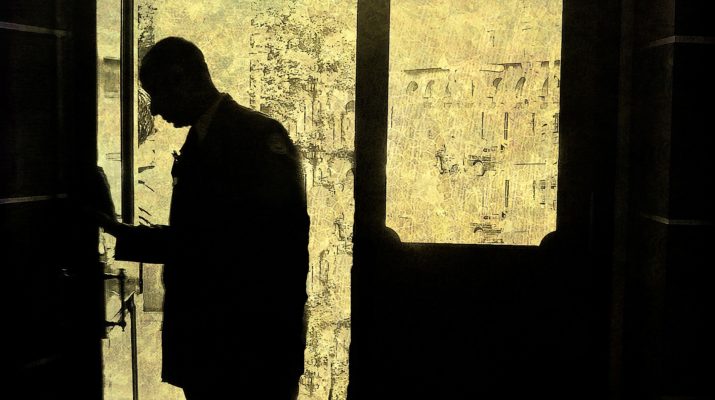Revelation 3:20-22
Ascension of the Lord – A Women’s Lectionary
20 Listen!A I am standingB at the door,C knocking;D
if you hearE my voiceF and openG the door, I will come inH and eatI with you, and you with me.
21 To the one who conquersJ I will giveK a placeL with me on my throne,M just as I myself conquered and sat downN with my FatherO on his throne.
22 Let anyone who has an earP listenQ to what the SpiritR is saying to the churches.”S
Image credit: “The Entrance to My World” by Nick Kenrick, 2009.




